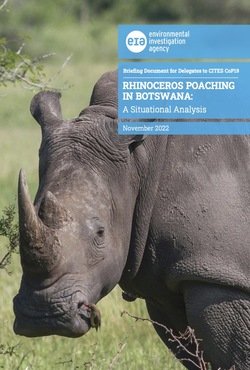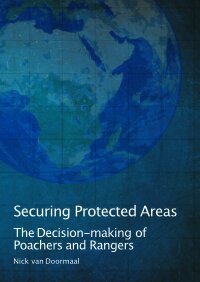By Jihane Ben Yahia
Summary The goldfinch is at risk of extinction in the Maghreb. 1 Years of unrestrained poaching and trafficking have almost decimated it in Tunisia and Algeria. Morocco, its last preserve in the North African subregion, is today the main hotspot for poaching and trafficking the species. The songbird, which fetches hundreds of euros in neighbouring countries (and in Europe), is prized for its glorious voice and is domesticated and trained for singing competitions. Despite increasing awareness of the threat and many efforts to protect it, Moroccan wildlife and law enforcement authorities are struggling to detect and prosecute poachers and traffickers and prevent the eradication of this ornithological treasure. Key points ∙ The goldfinch has almost disappeared from Tunisia and Algeria and in Morocco its numbers are declining. ∙ The reduction in the population is the result of environmental factors as well as of a high demand in the sub-region and in Europe, where the bird is domesticated and trained to sing in competitions. ∙ Criminal networks use Morocco as a hub for catching goldfinch and trafficking them to Algeria and Tunisia. ∙ Morocco has adopted legislation to protect the goldfinch and launches regular operations to combat the trafficking of protected species. ∙ Bringing goldfinch associations and federations into the regulatory ambit poses a challenge. ∙ There is no dedicated strategy to address the illicit capture and trafficking of the goldfinch in the Maghreb.
ENACT - Africa, 2020. 12p.





